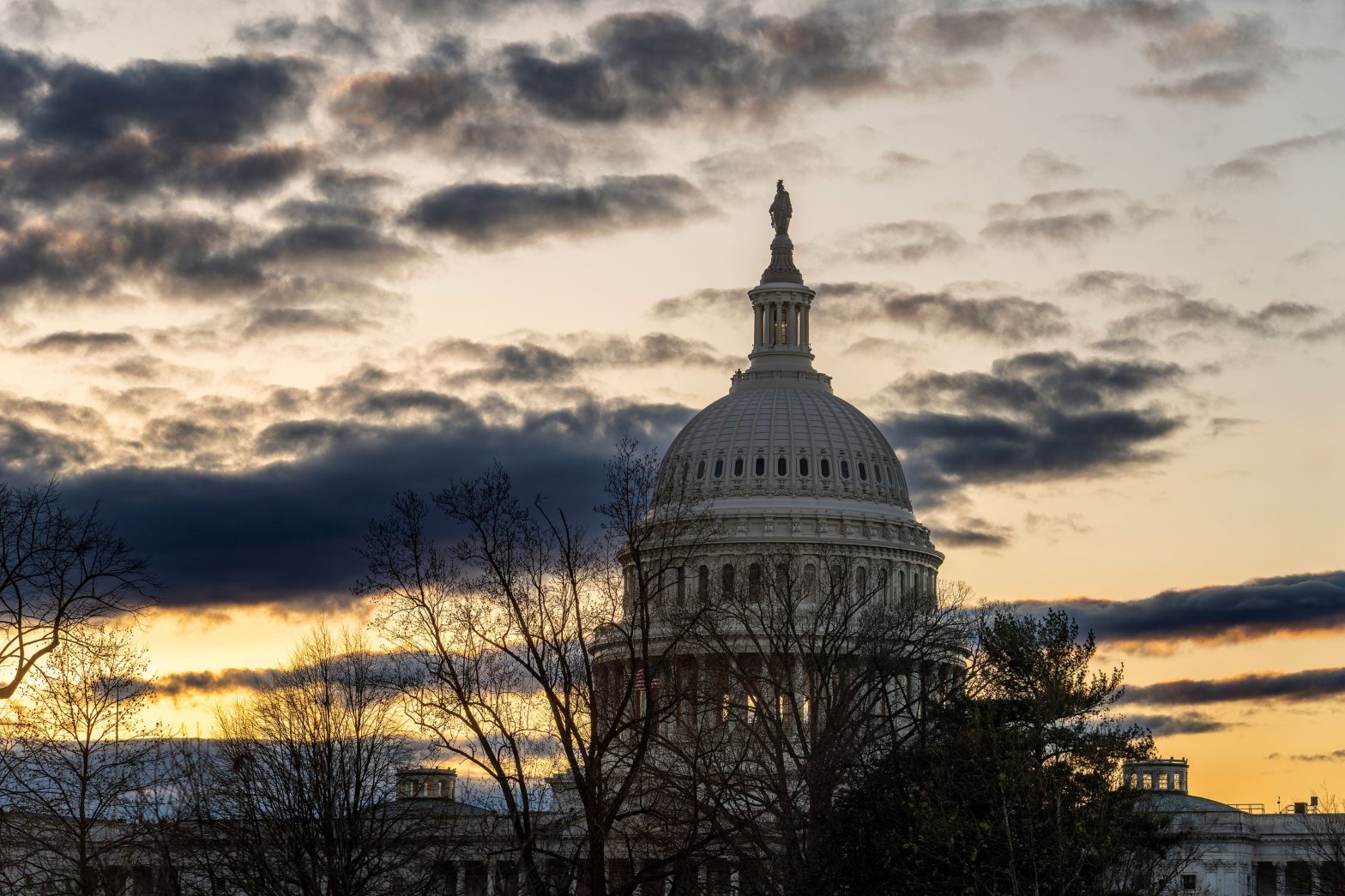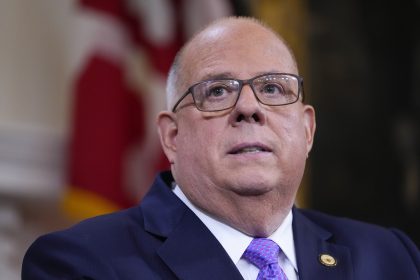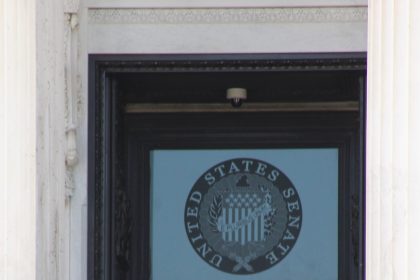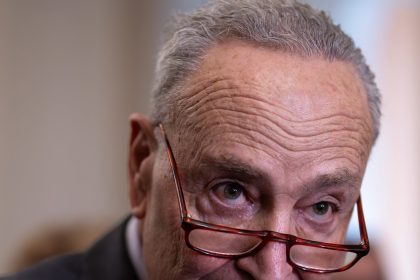Senate Won’t Vote on Border, Ukraine Package Before New Year

WASHINGTON — Despite pitched negotiations all this week, the Senate isn’t close enough on a deal to vote on a package providing more aid to Ukraine and bolstering security at the U.S. border with Mexico until early next year.
The chamber’s negotiators, including, Sens. Chris Murphy, D-Conn., James Lankford, R-Okla., and Kyrsten Sinema, I-Ariz., and representatives from the Biden administration had worked through last weekend and well into Tuesday despite the fact a final framework for a deal continued to elude them.
The clock ran out for the talks early Tuesday night, when Senate Majority Leader Chuck Schumer, D-N.Y., and Senate Republican Leader Mitch McConnell, R-Ky., put out a rare joint statement in which they said the negotiators “are making encouraging progress,” but conceded “challenging issues remain.”
Nevertheless, they said, both are committed to addressing the needs at the southern border and helping the United States’ allies and partners confront serious threats in Israel, Ukraine and the Indo-Pacific.
“The Senate will not let these national security challenges go unanswered,” Schumer and McConnell said. “As negotiators work through remaining issues, it is our hope that their efforts will allow the Senate to take swift action on the national security supplemental [funding] early in the new year.
“In the time remaining this year, Senate and administration negotiators will continue to work in good faith toward finalizing their agreement,” they said.
The White House has repeatedly warned that aid will run out by the end of the year to help Ukraine thwart a Russian invasion of its territory if Congress doesn’t approve an additional tranche of support before Jan. 1.
President Joe Biden has requested an additional $61 billion in aid, but that request quickly ran into a stone wall on Capitol Hill, where Republicans insist any further aid to Ukraine must be paired with stauncher controls on illegal immigration at the U.S.-Mexico border.
Biden’s entire request for additional funding was $110.5 billion, but that’s with the addition of aid to Israel and the Indo-Pacific, which is far less controversial.
So pressing is the aid issue, that Ukrainian President Volodymyr Zelenskyy traveled to Washington last week to lobby in person for the additional aid.
Those talks, however, did not appear to move the needle in Ukraine’s favor, and it is still unclear that any deal reached in the Democratically controlled Senate will garner support in the Republican controlled House, where many conservative hardliners, like Rep. Marjorie Taylor Greene, R-Ga., oppose providing additional funding to Ukraine.
Complicating matters further is the political calendar. January not only marks the start of primary season, but it includes a deadline — the first under a “laddered continuing resolution” passed in November — to avoid a partial government shutdown.
During a briefing with reporters earlier this week, White House Press Secretary Karine Jean-Pierre said the White House hopes to send one more aid package to Ukraine before the end of the year.
“But at that point, the U.S. will have used up the remaining funds to replenish the stockpiles,” she said.
John Kirby, the spokesman for the National Security Council, said at the same briefing that it’s critical that Congress act on the president’s funding request sooner rather than later.
“As our Office of Management and Budget director Shalanda Young has said, there is no magic pot of money here. … That’s why we need this funding to support Ukraine going forward. And we’ve got one more crack at this here, before the end of the year, before that replenishment authority runs out.”
Dan can be reached at [email protected] and at https://twitter.com/DanMcCue
























